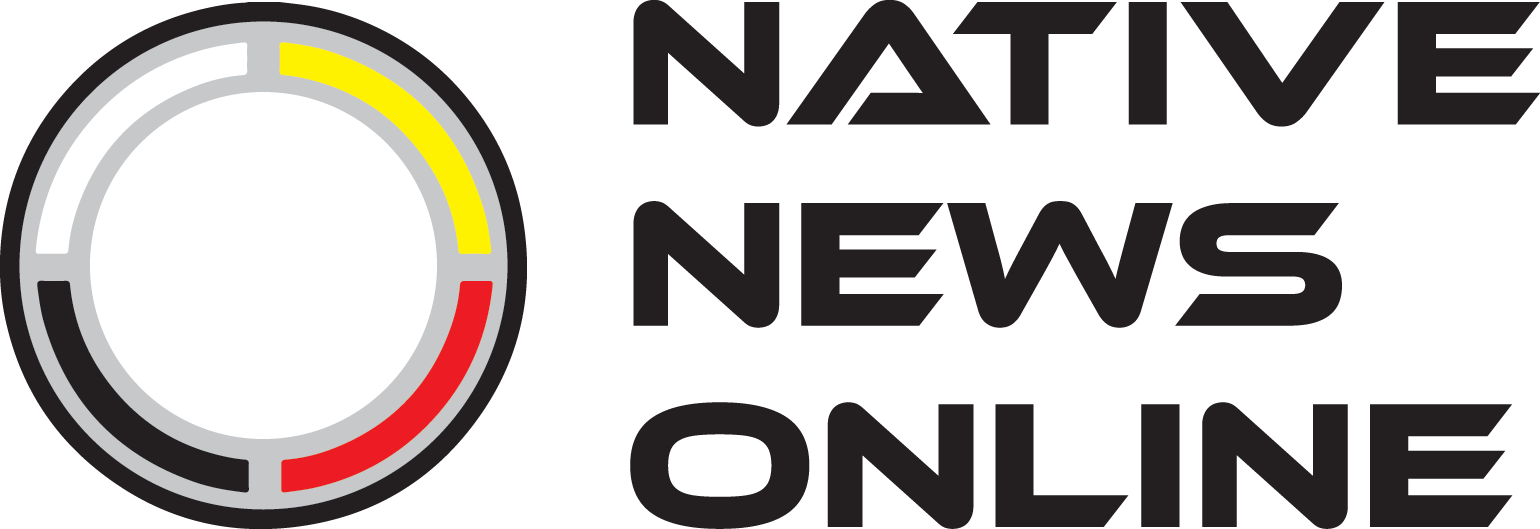CLINTON, Okla. —A reported incident involving a Cheyenne and Arapaho fifth-grader having his ponytail cut off by classmates has been called "inaccurate" by the tribes and the Clinton Public Schools.

Yesterday, during a meeting with the Cheyenne and Arapaho Tribes officials and the Clinton Public Schools, it was estimated that the incident did not occur as it was reported on social media. The meeting included Cheyenne and Arapaho Gov. Reggie Wassana and Clinton Public Schools Superintendent Tyler Bridges.
After the meeting, the two released a joint statement that said, in part, “while some details remain disputed, Clinton Public Schools and the Cheyenne and Arapaho Tribes leadership agree that the initial report that the student was held down while his hair was cut is inaccurate and did not occur.”
An investigation will continue as to what did occur and to determine what actions will be appropriate at that time, according to the statement.
More Stories Like This
Native News Weekly (August 25, 2024): D.C. BriefsNavajo Nation Mourns the Passing of Former Vice President Rex Lee Jim
Deb Haaland Earns Endorsement From Communications Workers of America Local 7076
University Soccer Standout Leads by Example
Two Native Americans Named to Democratic Congressional Campaign Committee's“Red to Blue” Program
Help us defend tribal sovereignty.
At Native News Online, our mission is rooted in telling the stories that strengthen sovereignty and uplift Indigenous voices — not just at year’s end, but every single day.
Because of your generosity last year, we were able to keep our reporters on the ground in tribal communities, at national gatherings and in the halls of Congress — covering the issues that matter most to Indian Country: sovereignty, culture, education, health and economic opportunity.
That support sustained us through a tough year in 2025. Now, as we look to the year ahead, we need your help right now to ensure warrior journalism remains strong — reporting that defends tribal sovereignty, amplifies Native truth, and holds power accountable.
 The stakes couldn't be higher. Your support keeps Native voices heard, Native stories told and Native sovereignty defended.
The stakes couldn't be higher. Your support keeps Native voices heard, Native stories told and Native sovereignty defended.
Stand with Warrior Journalism today.
Levi Rickert (Potawatomi), Editor & Publisher

